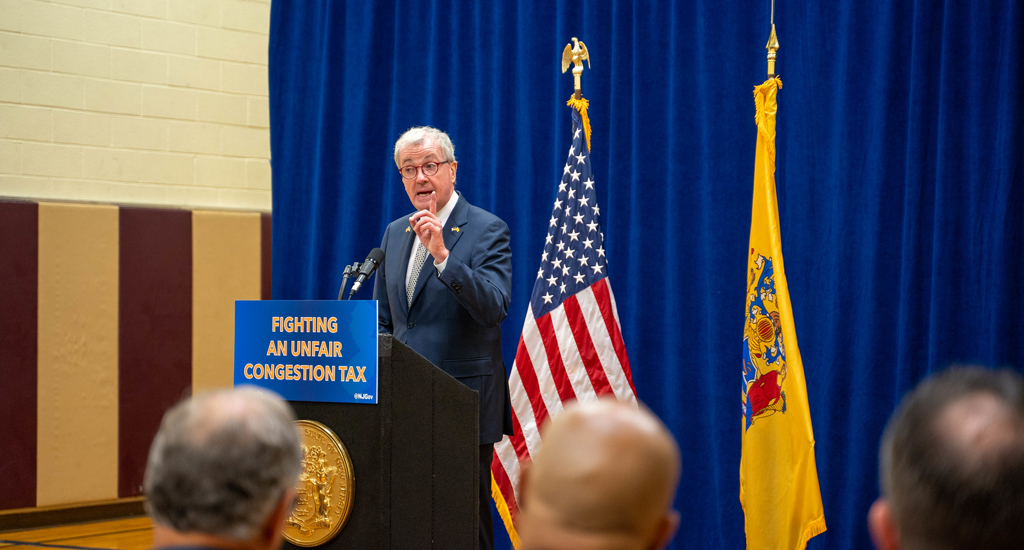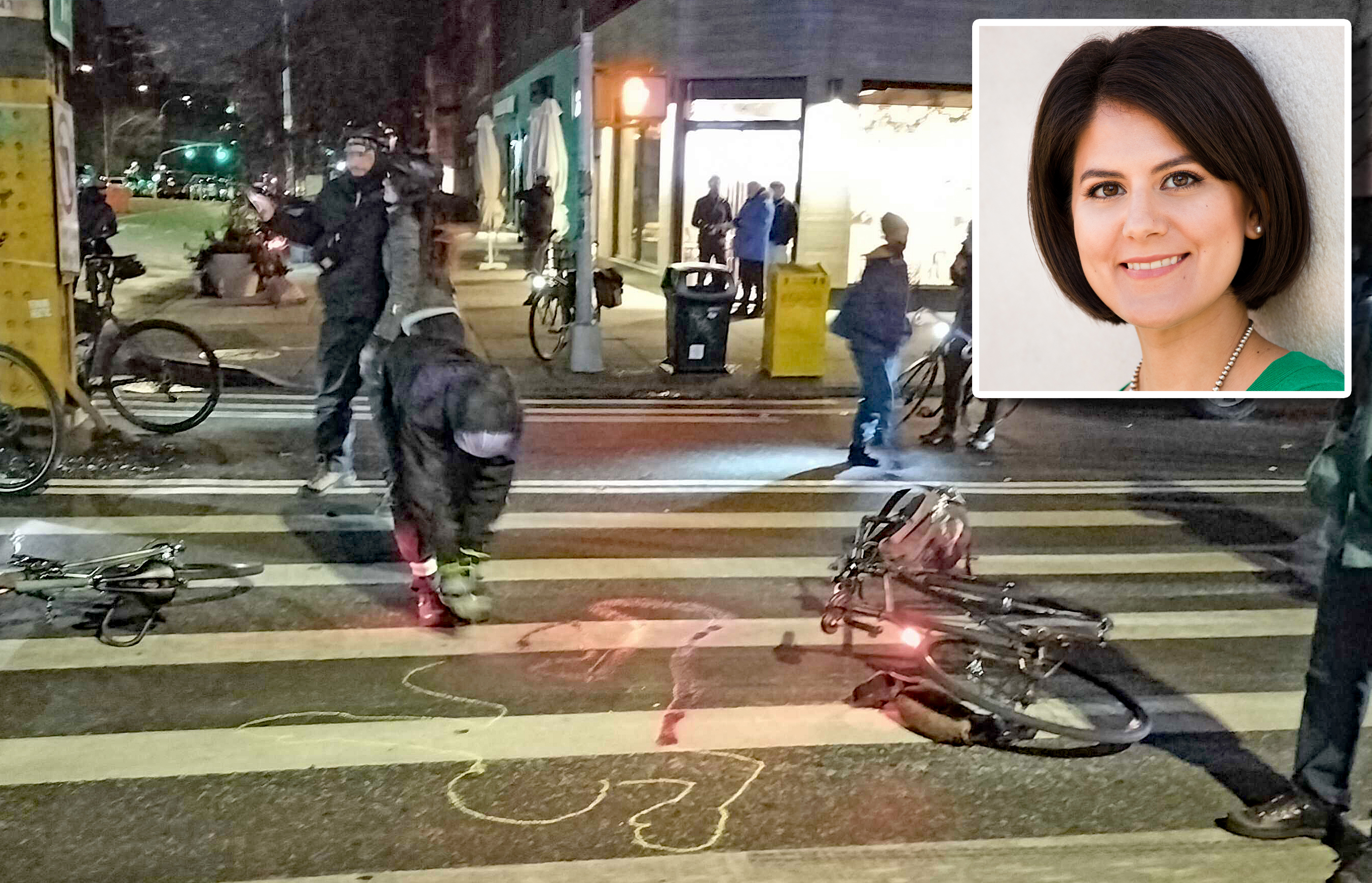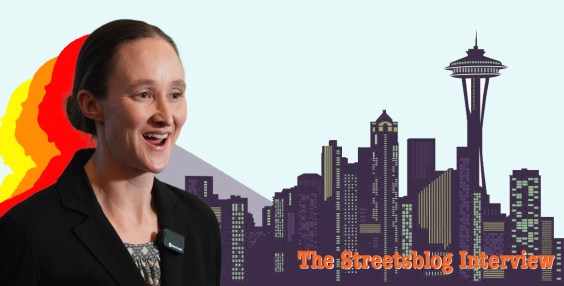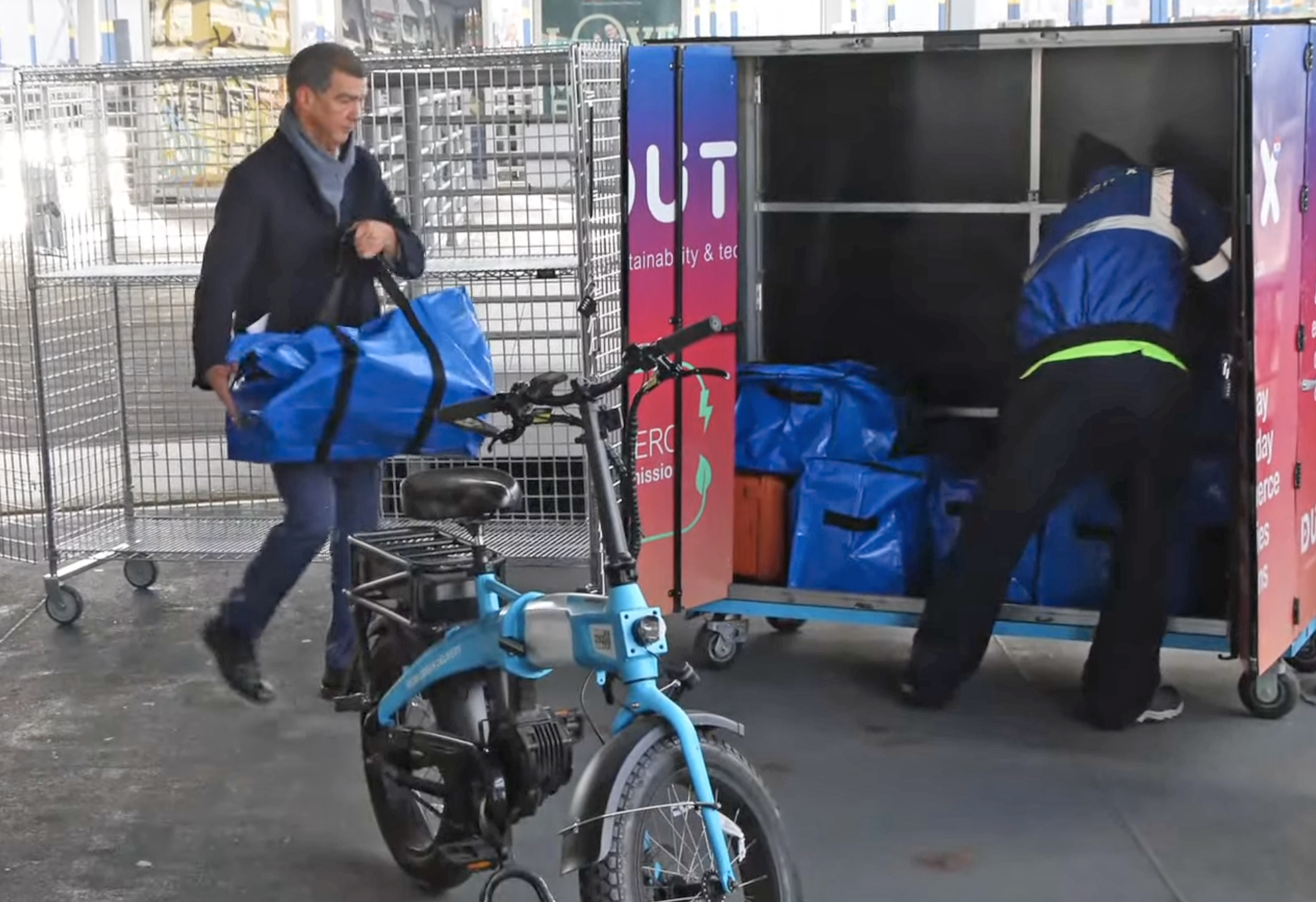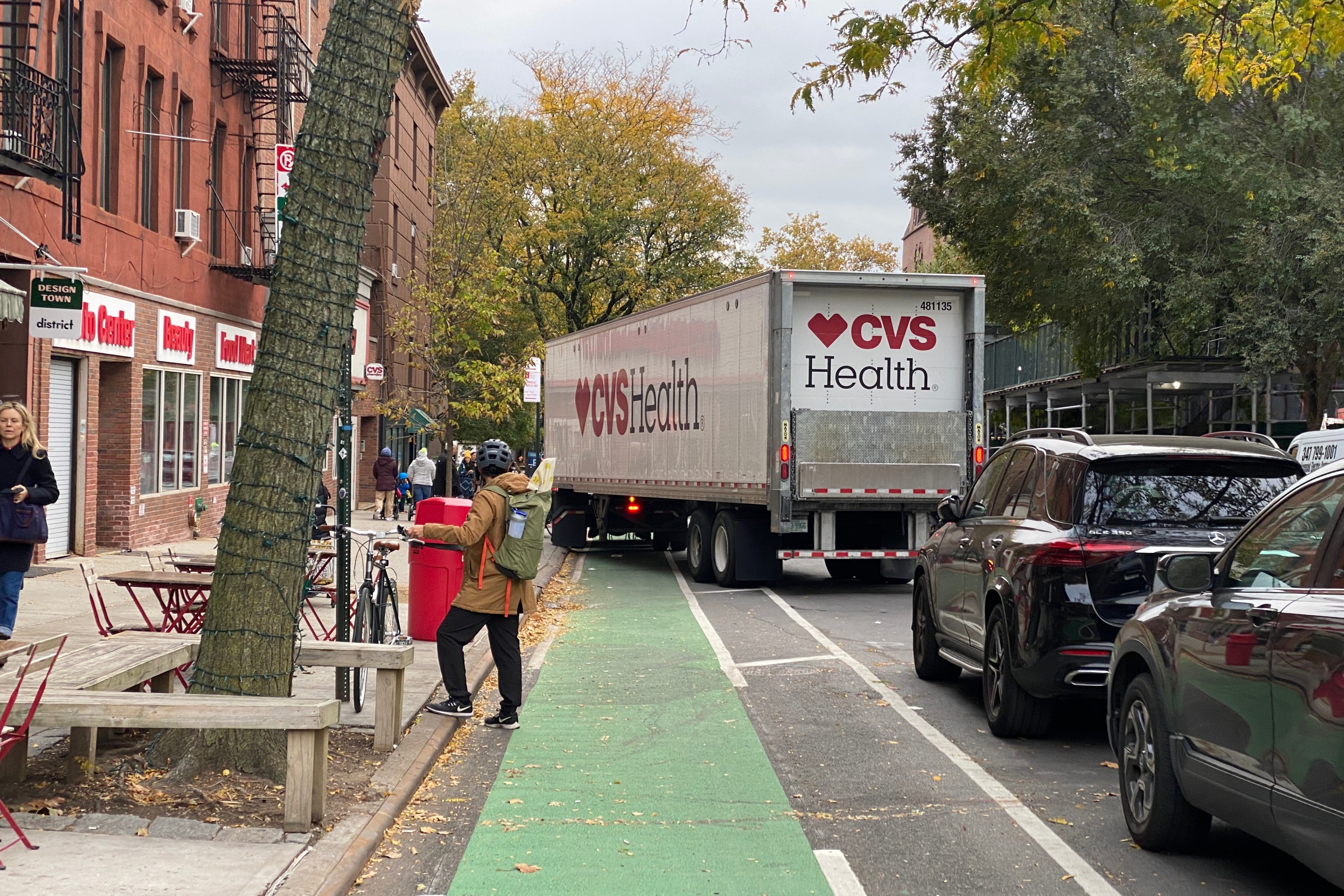New York has a message for congestion pricing opponents across the river: "No retreat, baby, no surrender!"
Gov. Hochul and other New York elected officials pushed back Friday after New Jersey sued the federal government to stop congestion pricing — reaffirming their commitment while taking shots at alleged environmental champion and Gasoline State Gov. Phil Murphy.
Murphy and a cadre of pro-emissions elected officials rallied Friday to announce their lawsuit against the Federal Highway Administration over its approval last month of the congestion pricing environmental assessment, which allowed New York to move forward on the traffic toll after four years of delays.
Hochul, who inherited the program from her disgraced predecessor, insisted she was unfazed by the suit.
"Congestion pricing is going to happen," she told reporters on Friday at unrelated press conference.
This lawsuit is a cynical attempt by NJ officials, who literally use tolling to fund their transit system and have some of the highest tolls in the nation, to control what New York state can do on its own roads. The cognitive dissonance is astounding. https://t.co/670wOR7LyA
— Senator Andrew Gounardes (@Sen_Gounardes) July 21, 2023
Other New York officials also chimed in to support New York's ability to control its own roads. The suit is "a cynical attempt by NJ officials, who literally use tolling to fund their transit system and have some of the highest tolls in the nation, to control what New York state can do on its own roads," State Senator Andrew Gounardes (D-Brooklyn) tweeted.
Fellow Brooklyn Democrat Assembly Member Robert Carroll, meanwhile, called the suit a "stunt" and accused Murphy of being a sham environmentalist.
"This lawsuit is DOA but shows Gov. Murphy couldn't care less about our environment, streets or quality of life," tweeted Carroll.
.@GovMurphy to New York: Drop Dead.
— Assemblymember Robert Carroll (@Bobby4Brooklyn) July 21, 2023
This lawsuit is DOA but shows Gov Murphy couldn’t-care-less about our environment, streets or quality of life.
This lawsuit is a stunt that will have a chilling effect on other cities adopting similar programs. SMH. https://t.co/1cEc3IEVBM
Murphy and his supporting cast of pro-car villains insist the FHWA didn't take potential harms to New Jersey into account in evaluating the MTA's environmental review, nor did it offer enough opportunities for New Jerseyeans to weigh in on the process or access mitigation efforts if New Jersey communities suffer unacceptably high pollution effects due to the new toll.
"After refusing to conduct a full environmental review of the MTA’s poorly designed tolling program, the FHWA has unlawfully fast-tracked the agency’s attempt to line its own coffers at the expense of New Jersey families,” said Murphy.
“Today we stand as a unified front against this reckless scheme and reaffirm our commitment to combat the unjust taxation of our hardworking residents by other states."
Contrary to those claims, however, the MTA did study congestion pricing's potential traffic impacts on New Jersey's so-called "environmental justice communities." The authority forecasted that traffic could increase in those areas under some of the seven tolling scenarios the MTA studied in the environmental assessment — though longtime congestion pricing scholars including transportation economist Charles Komanoff believe the MTA's modeling overstates traffic increases both regionally and locally.
Murphy's suit also falsely suggests that if New Jersey communities suffer environmental harms, they won't have access to any of the MTA's promised mitigation efforts — things like additional roadside greenery, green space improvements and air filtration units in high schools near highways.
MTA officials pushed back on that claim however, noting that the environmental assessment specifically says New Jersey's environmental justice communities; Orange County, East Orange, Newark and Fort Lee, are all eligible for the mitigation efforts the agency offered up as relief in the event traffic and pollution increase in EJ communities.
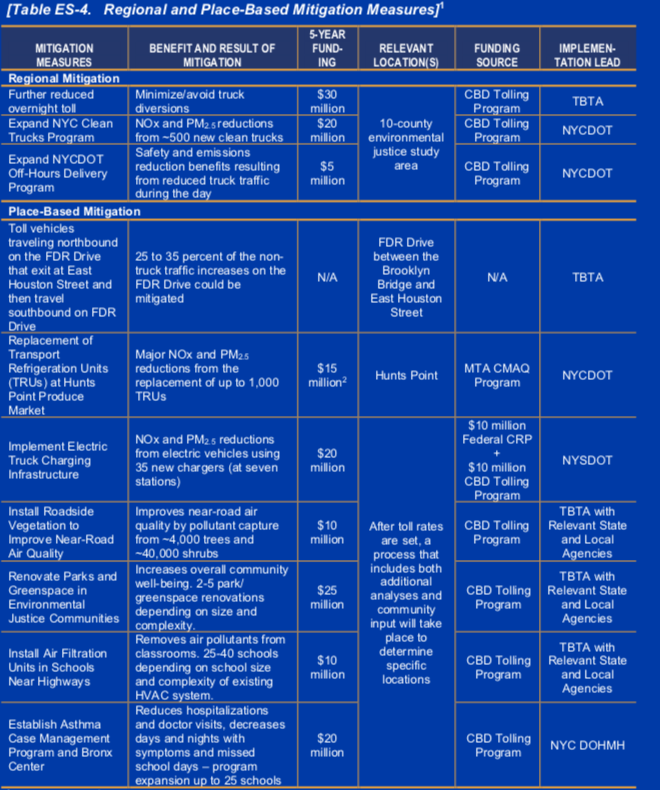
The Federal Highway Administration, the target of the lawsuit, declined to comment on pending litigation.
A spokesperson for the MTA vocally defended the process that led to the toll getting federal approval.
"This lawsuit is baseless," said John McCarthy, the MTA's Chief of External Relations. "Contrary to any claim that there was insufficient study, the EA actually covered every conceivable potential traffic, air quality, social and economic effect, and also reviewed and responded to more than 80,000 comments and submissions.
"As for the adequacy of the outreach process and the contention that there wasn’t enough opportunity for New Jersey residents and officials to be heard – not only were there six public hearings lasting a total of 38 hours, there were 19 outreach sessions, in which dozens of officials from New Jersey agencies participated. We’re confident the federal approval – and the entire process – will stand up to scrutiny."
